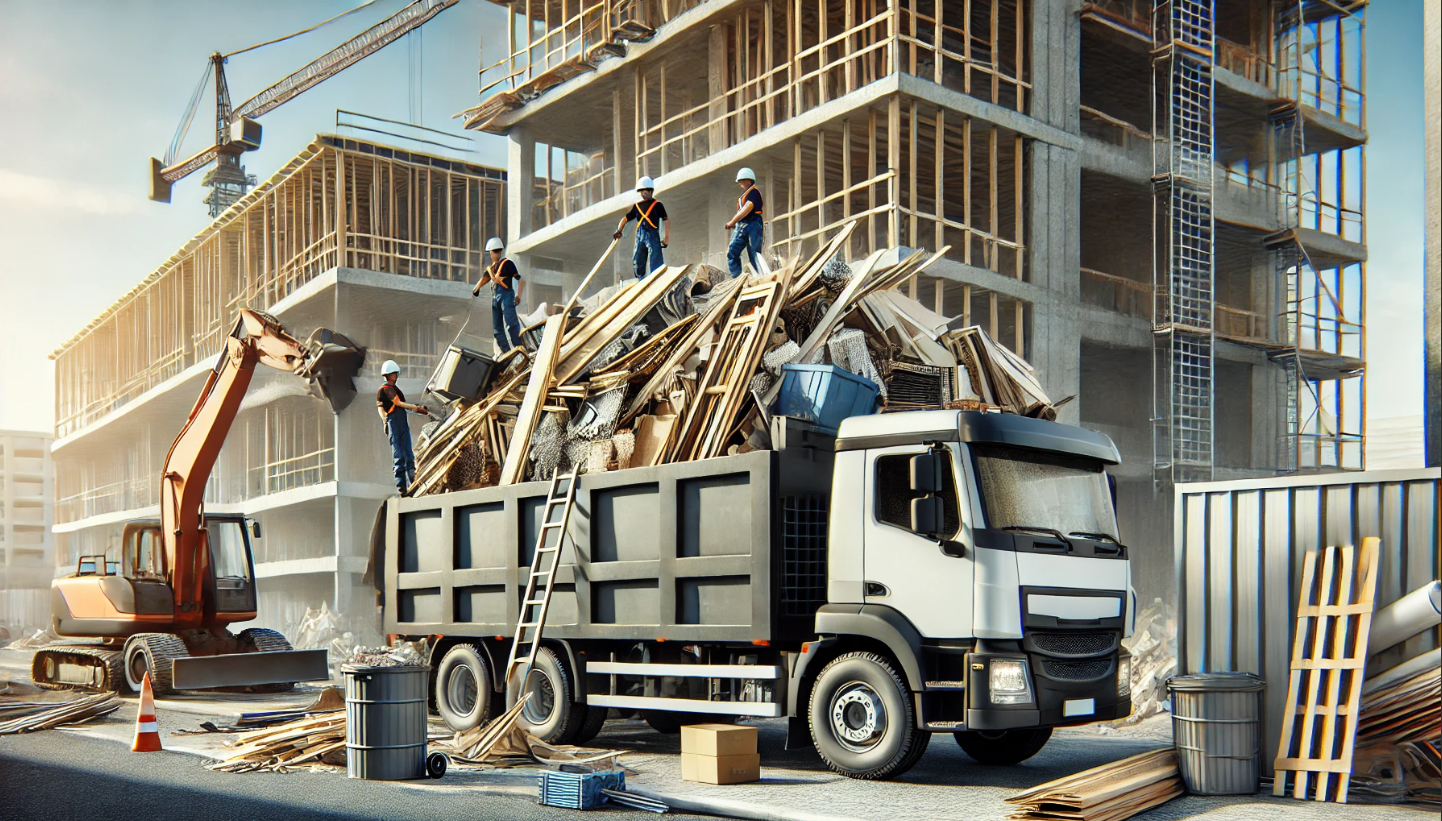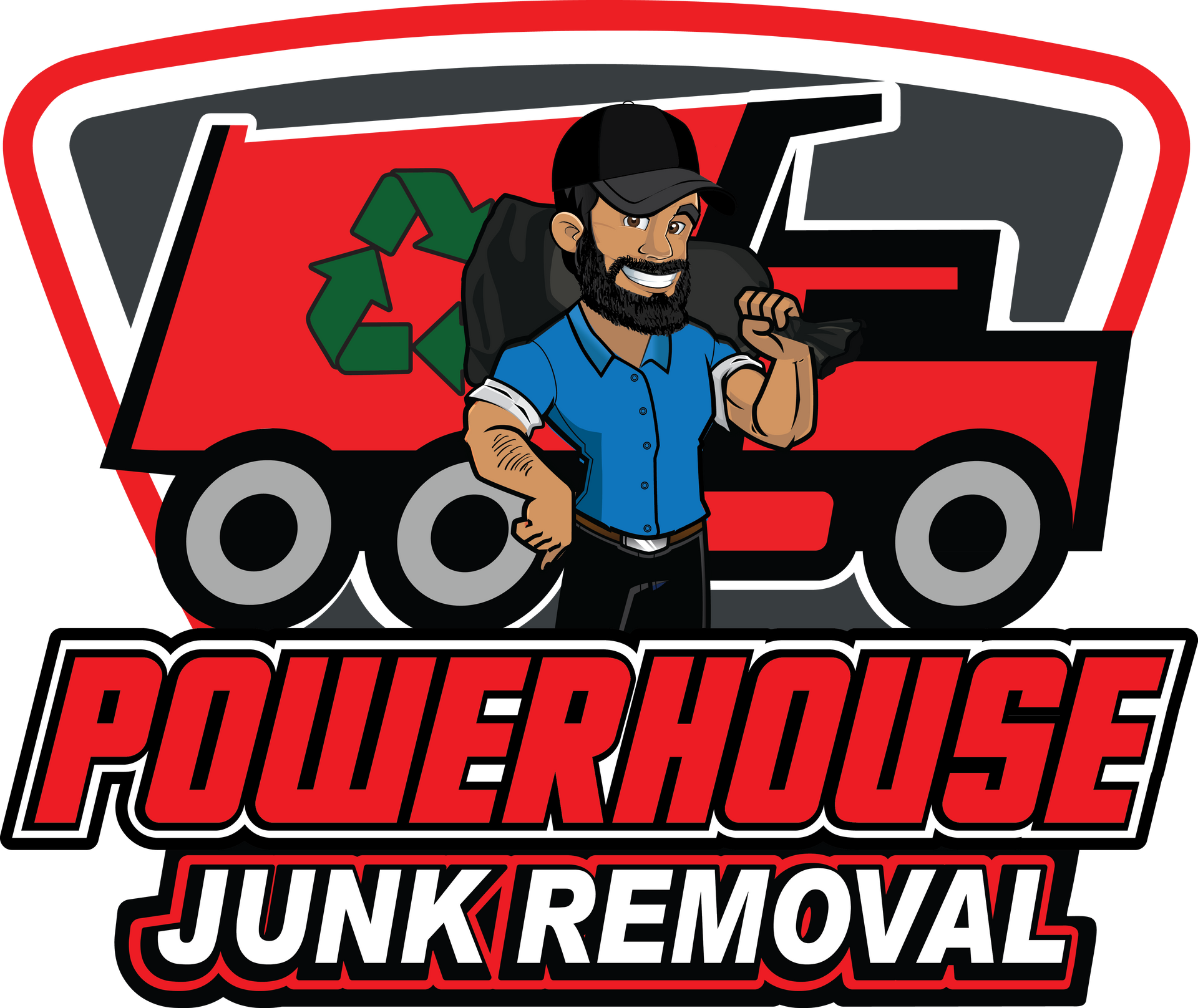
Construction Debris Removal – Efficient Waste Disposal for Safer Worksites
Construction and renovation projects produce a significant amount of waste, including wood, drywall, metal, and concrete. Proper construction debris removal is essential for maintaining worksite safety, environmental responsibility, and regulatory compliance.
Whether you're working on a small home remodel or a large commercial project, efficient debris disposal ensures a cleaner, safer job site. In this guide, we’ll explore why construction waste management matters, the types of debris that require removal, cost estimates, and smart disposal methods.
Why Is Construction Debris Removal Important?
Proper construction waste disposal goes beyond simple cleanup. It reduces hazards, minimizes environmental impact, and ensures compliance with waste regulations.
Key Benefits of Construction Debris Removal:
- Increases Worksite Safety – Eliminates tripping hazards and reduces risks of injuries or accidents.
- Ensures Compliance – Meets local, state, and federal waste disposal laws to avoid fines.
- Eco-Friendly Disposal – Recycling materials reduces landfill waste and conserves resources.
- Improves Work Efficiency – A clean job site helps workers move freely and complete tasks faster.
- Enhances Project Reputation – Clients and inspectors appreciate responsible waste management.
How to Reduce Construction Waste & Save Money
Disposing of construction debris can be expensive. Here are ways to cut costs while staying environmentally responsible:
- Reuse & Repurpose Materials – Save usable lumber, bricks, and fixtures for future projects.
- Sell or Donate Surplus – Habitat for Humanity & salvage yards accept leftover building materials.
- Choose a Recycling-Oriented Removal Service – Many junk removal companies offer discounted rates for recyclable loads.
- Opt for Dumpster Rental – Renting a dumpster for large-scale debris removal is more cost-effective than multiple small pickups.
- Plan Debris Removal in Phases – Spreading out waste removal reduces bulk disposal fees.
Common Types of Construction Debris and Disposal Methods
Different types of construction waste require specific disposal methods to ensure safety and sustainability.
| Debris Type | Examples | Disposal Method |
|---|---|---|
| Wood Waste | Lumber, plywood, pallets | Reuse, recycling, wood chipping |
| Drywall & Plaster | Gypsum board, sheetrock | Recycling centers, landfill (if contaminated) |
| Metal Scraps | Steel, copper, aluminum | Scrap metal recycling |
| Concrete & Bricks | Cement, masonry, pavers | Crushed and reused for road base |
| Roofing Materials | Shingles, tiles, underlayment | Recycling or landfill disposal |
| Glass & Windows | Tempered glass, window panes | Glass recycling facilities |
| Plastics & Packaging | PVC pipes, plastic sheeting | Plastic recycling or landfill |
| Hazardous Waste | Paint, solvents, asbestos | Hazardous material disposal sites |
How to Efficiently Manage Construction Debris Removal
A well-organized waste management plan helps construction teams handle debris safely and efficiently.
1. Identify & Sort Waste Materials
- Separate recyclable and non-recyclable materials before disposal.
- Set up designated waste bins for wood, metal, concrete, and general trash.
2. Rent a Dumpster for Large-Scale Cleanup
- For ongoing projects, a roll-off dumpster allows for convenient disposal.
- Choose the right size: 10-yard for small projects, 40-yard for large jobs.
3. Partner with a Professional Junk Removal Service
- Licensed removal companies handle transport, disposal, and compliance.
- They prioritize recycling and donate reusable materials when possible.
4. Schedule Regular Debris Pickups
- Weekly or bi-weekly pickups prevent debris buildup and maintain site cleanliness.
- Coordinate pickup times with your construction schedule to avoid workflow disruption.
5. Follow Local Waste Regulations
- Check with your municipality for permitted disposal sites and recycling programs.
- Ensure hazardous materials like asbestos or lead-based products are disposed of properly.
FAQs About Construction Debris Removal
1. How much does construction debris removal cost?
Costs range from $200 to $2,500, depending on debris type and removal method.
2. What can be recycled from construction debris?
Many materials like wood, metal, drywall, and concrete can be recycled or repurposed.
3. Do junk removal companies handle hazardous construction waste?
Some companies specialize in hazardous waste removal, but you may need certified disposal services for asbestos, chemicals, or contaminated materials.
4. Should I rent a dumpster or hire a junk removal service?
- Dumpster rental is ideal for ongoing projects with large debris volumes.
- Junk removal services are better for one-time cleanups with mixed waste.
5. How can I reduce construction waste disposal costs?
- Recycle as much as possible.
- Donate usable materials.
- Get multiple quotes from disposal companies to compare pricing.
Location
Cranston, RI 02823
East Providence
Johnston, RI
North Providence, RI
Pawtucket, RI
Providence, RI
Warwick, RI
West Warwick, RI
2020 All Rights Reserved Powerhouse Junk Removal & Hauling LLC

